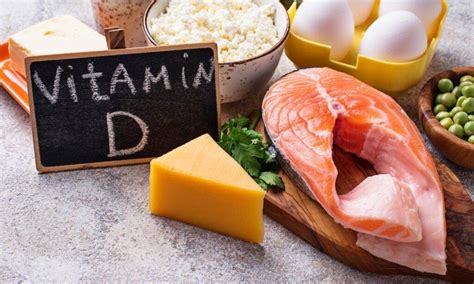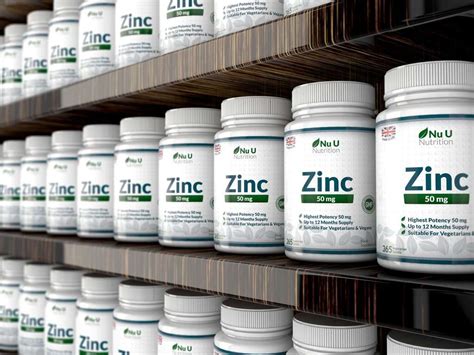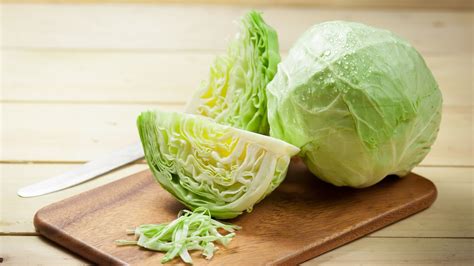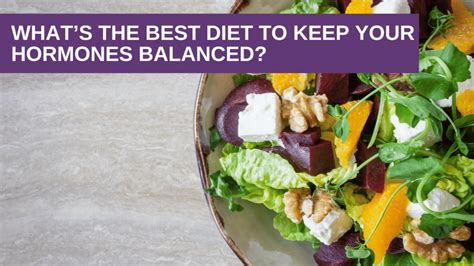Key nutrients to naturally support male hormone health for peak strength?

Maintaining optimal male hormone health, particularly testosterone, is crucial not only for physical strength and muscle mass but also for energy levels, mood, cognitive function, and overall vitality. While various factors influence hormone balance, nutrition stands out as a foundational pillar. A strategic intake of key vitamins, minerals, and other compounds can naturally support the body’s endocrine system, helping men achieve peak performance and well-being.
The Mighty Micronutrients: Vitamins for Hormone Balance
Vitamins play an indispensable role in countless bodily processes, including hormone synthesis and regulation. Ensuring adequate intake of specific vitamins can significantly impact male hormone health.
Vitamin D: The Sunshine Hormone Precursor
Often referred to as the “sunshine vitamin,” Vitamin D is technically a pro-hormone. Research consistently links higher Vitamin D levels with increased testosterone. It’s involved in the steroidogenesis pathway, the process by which hormones like testosterone are produced. Beyond hormones, Vitamin D supports bone health, immune function, and mood regulation.
Sources: Sun exposure, fatty fish (salmon, mackerel), fortified dairy, egg yolks.

B Vitamins: Energy, Metabolism, and More
The B-vitamin complex, including B6, B9 (folate), and B12, is vital for energy production, red blood cell formation, and neurological function. Specifically, Vitamin B6 is a cofactor in numerous enzymatic reactions and can influence hormone activity, while B12 and folate are essential for methylation processes crucial for hormone metabolism and detoxification.
Sources: Whole grains, lean meats, eggs, leafy greens, legumes.
Essential Minerals: Building Blocks for Male Vitality
Minerals are just as critical as vitamins, acting as cofactors for enzymes involved in hormone production and overall physiological function.
Zinc: A Testosterone Powerhouse
Zinc is arguably one of the most important minerals for male hormone health. It’s a key player in testosterone synthesis and release, and even mild zinc deficiency can lead to reduced testosterone levels. Zinc also supports immune function, wound healing, and reproductive health.
Sources: Oysters, red meat, poultry, beans, nuts, fortified cereals.

Magnesium: Muscle, Sleep, and Hormones
Magnesium participates in over 300 enzymatic reactions in the body, including those involved in muscle contraction, nerve function, and blood glucose control. Studies suggest that magnesium supplementation can increase free and total testosterone levels, particularly in physically active men. It also aids in quality sleep, which is crucial for hormone regulation.
Sources: Leafy green vegetables, nuts, seeds, legumes, whole grains, dark chocolate.
Healthy Fats and Other Key Compounds
Not all fats are created equal, and some are absolutely essential for hormone production.
Healthy Fats: The Foundation of Steroid Hormones
Cholesterol, often demonized, is the precursor to all steroid hormones, including testosterone. Consuming adequate amounts of healthy fats – monounsaturated and polyunsaturated fats – is critical. Omega-3 fatty acids, found in fatty fish, flaxseeds, and walnuts, are particularly beneficial for reducing inflammation, improving cell membrane integrity, and supporting overall endocrine function.
Sources: Avocados, olive oil, nuts, seeds, fatty fish (salmon, sardines).

Boron: The Lesser-Known Hormone Helper
This trace mineral may not be as well-known as zinc or magnesium, but emerging research suggests boron plays a role in steroid hormone metabolism. Studies have shown it can increase free testosterone and decrease estradiol (estrogen) levels in men, contributing to a more favorable hormone profile.
Sources: Raisins, prunes, almonds, avocados, apples.
Antioxidants and Phytonutrients: Protecting and Balancing
Beyond the direct precursors, other compounds help protect hormones and maintain balance.
Cruciferous Vegetables: Natural Estrogen Modulators
Vegetables like broccoli, cauliflower, Brussels sprouts, and cabbage contain compounds such as Indole-3-Carbinol (I3C) and its metabolite Diindolylmethane (DIM). These compounds can help the body metabolize and excrete excess estrogen, which is important for maintaining a healthy testosterone-to-estrogen ratio in men.
Sources: Broccoli, cauliflower, kale, Brussels sprouts.

Conclusion: A Holistic Approach to Hormone Health
Supporting male hormone health for peak strength and vitality is a multifaceted endeavor, with nutrition at its core. By consciously incorporating zinc, magnesium, Vitamin D, healthy fats, and a diverse range of fruits and vegetables into your diet, you can provide your body with the essential tools it needs to optimize hormone production and balance naturally.
Remember that while nutrition is powerful, it’s part of a larger lifestyle picture that includes regular exercise, adequate sleep, stress management, and avoiding endocrine-disrupting chemicals. Always consult with a healthcare professional or a registered dietitian before making significant dietary changes or starting new supplements, especially if you have underlying health conditions.









